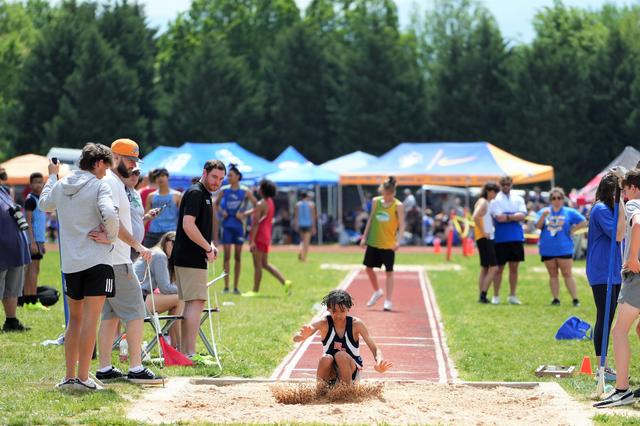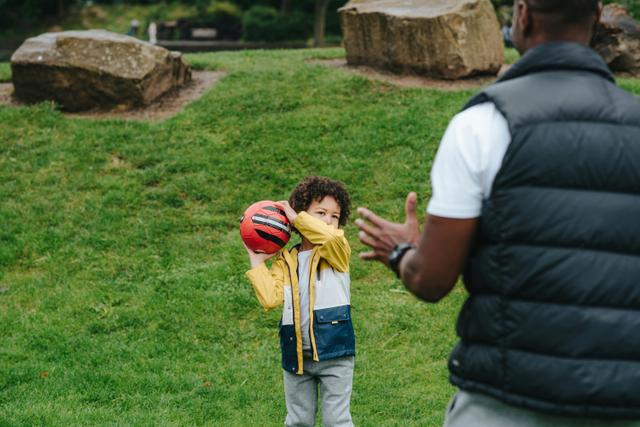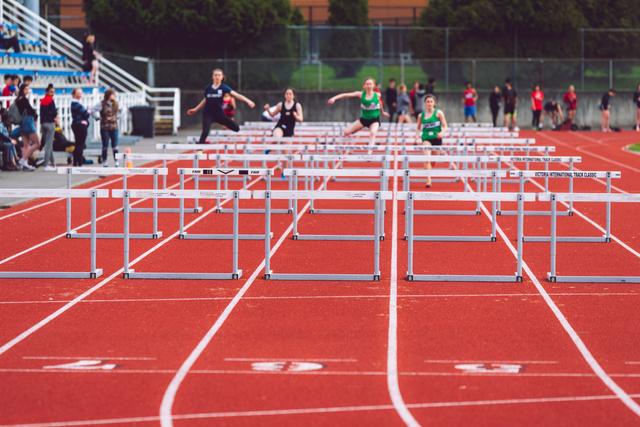Athletics For Kids In The UK
Athletics for children in the UK offers a dynamic array of track and field events suitable for kids of various ages and abilities. The sport has a storied past in the country, stretching back to ancient times with the earliest recorded athletic event held in 1314 in Scotland. By the late 19th century, the modern athletics landscape began to take firm shape with the founding of the Amateur Athletic Association (AAA) in 1880. The hosting of the Olympic Games in London in 1908 and again in 1948 significantly bolstered the sport's profile among the British public.
Today, athletics is managed by UK Athletics and enjoys robust grassroots support through countless clubs and events specifically tailored for young participants. These clubs are foundational to nurturing budding athletes, offering them organised competitions and a venue to hone their skills across a range of athletic disciplines from running and jumping to throwing and relay races.
The robust network of athletics clubs across the UK ensures that children have ample opportunities to engage in these activities under the guidance of skilled coaches. This environment not only aids in developing their abilities in various athletic events but also immerses them in a community with peers, fostering a sense of belonging and team spirit. The clubs often function as a crucial stepping-stone for children in athletics, potentially paving the way for future involvement at competitive and professional levels.
The Benefits of Athletics
Athletics offers numerous health benefits for children, making it a valuable activity for promoting wellness from a young age. By engaging in athletics, children can significantly enhance their physical fitness, as the sport aids in improving cardiovascular health, muscle strength, and overall flexibility. This foundational development not only helps maintain a healthy weight but also minimises the risk of developing chronic diseases as they age.
Moreover, athletics is instrumental in advancing a child's motor skills including coordination, balance, and agility. These skills are crucial for daily activities and other sports, fostering a versatile athletic ability from an early age. The mental health benefits are equally important; regular participation in athletics can bolster children's self-confidence and resilience, aiding in focus and reducing symptoms of stress and anxiety.
In addition to physical and mental health advantages, athletics also poses a social benefit. It provides a platform for children to connect with peers, enhancing their social skills and ability to work within a team. Beyond the field, these activities are linked to improved academic performance, with studies indicating that physically active children tend to achieve higher academically.
By participating in athletics, children not only enjoy immediate health benefits but also establish a foundation for a healthy lifestyle that can influence their well-being throughout their lives.
FAQs
What age is appropriate for children to start participating in athletics in the UK? Children can begin participating in athletics from a surprisingly young age, with many clubs welcoming toddlers as young as 3 or 4 years old. These early introductions typically focus on fun, basic motor skills and the fundamentals of various athletic disciplines.
Can my child participate in competitions, and how competitive are they? Yes, children can participate in competitions. Athletic competitions for kids in the UK range from friendly local meets to more competitive regional championships. Clubs and schools often organise inclusive events that cater to various skill levels, aiming to promote a love for the sport rather than just competition.
What are the most popular athletic events for kids in the UK? Popular athletic events for kids in the UK include short-distance sprints, long jump, and relay races. For slightly older children, events expand to include hurdles, high jump, and even cross-country running during the winter months.
How often should my child train if they want to participate in athletics? The frequency of training should be age-appropriate and balanced with rest days to avoid overtraining. Younger children might train once or twice a week, while older, more competitive athletes may train several times per week. It’s important to ensure that training schedules allow for adequate rest, recovery, and enjoyment.
What steps should I take to ensure my child’s safety during athletic training and competitions? Ensuring your child’s safety involves several critical steps: ensure they are using proper gear and equipment, they are hydrated, and that their training is supervised by qualified and experienced coaches. Also, be aware of the signs of overtraining and encourage a balanced approach to sports, including ample rest and cross-training to prevent injuries.





